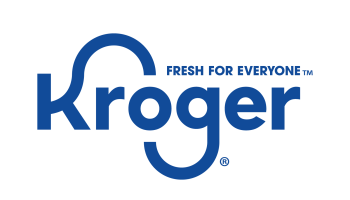
Source: (Photo by OLIVIER DOULIERY/AFP via Getty Images)
Goal of New University of Evansville Program is to Help Ease Healthcare Worker Shortage
EVANSVILLE, Ind.–The University of Evansville has been approved to start a Ph.D. in Health Professions Education. The goal is to ease the shortage of healthcare professionals nationwide.
The approval of it came from the Higher Learning Commission. This Ph.D. is a way to help clinicians develop the skills they need to be able to effectively educate people who contribute to research all across the healthcare sector.
As for the health professions they look to benefit, those include nursing, physical therapy, athletic training, occupational therapy, medical doctors, physician assistants, and more.
“This is truly a pioneering program in the Tri-State region, and we believe this doctorate degree will play a pivotal role in addressing the shortage of healthcare professionals across disciplines while empowering clinicians to become effective educators and valuable contributors to research,” said Bethany Huebner, PT, DPT, PhD, Associate Professor of Physical Therapy and PhD in Health Professions Education. “We remain dedicated to meeting the needs of healthcare professionals and the patients they serve.
The curriculum allows students to complete all coursework within eight semesters (2 years), with the option of either in-person or remote access. Online classroom meetings are scheduled on weekends to provide flexibility and accommodate students’ existing professional commitments.
The program received several letters of support from community leaders, including Evansville Mayor Lloyd Winnecke and Deaconess Health System CEO Shawn McCoy.
“The Ph.D. in Health Professions Education will train future faculty members who can teach and mentor students in a variety of healthcare fields. This will ensure that we will have a strong pipeline of qualified healthcare professionals and can attract students into our region to receive an education and hopefully remain in our community once they have completed their degree,” said Winnecke.
McCoy commends the University for addressing the healthcare workforce challenges.
“In addition, the program enables academic partners to increase class sizes and produce more healthcare professionals to serve the community,” said McCoy.













